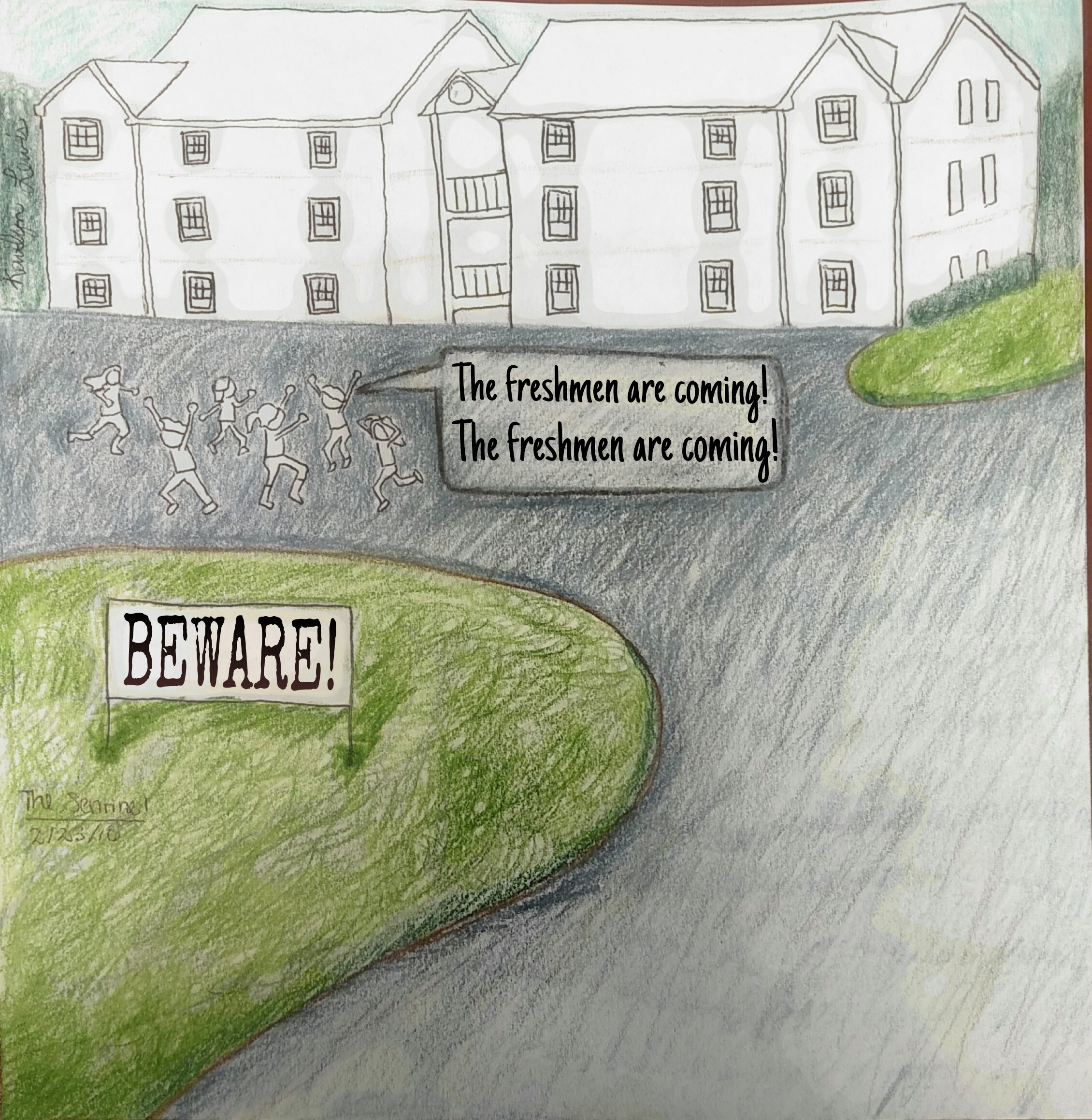People say drone warfare is effective for a number of reasons: it is inexpensive, easy to produce/create and lowers the death toll of the military controlling these drones. Despite this outlook, looking at these responses through closer inspection shows one answer: It’s easier to kill.
Zubair, a 13-year-old Pakistani child, and his sister were injured, and his grandmother was killed, by a US Drone strike. He told Congress in 2013 of how he fears bright and sunny days.
“I no longer love blue skies. In fact, I now prefer grey skies. The drones do not fly when the skies are grey…When the sky brightens, drones return and we live in fear.” Zubair said.
Drone warfare was created during World War 2 when Germans used a small number of radio-controlled aircraft as offensive weapons. Drones were later used during the War on Terror, but not until the war between Russia and Ukraine has there been a mass deployment of drones.
Brandon Bryant, an ex-drone operator for the War on Terror, now speaks out against the problems with the use of drones. In his TED Talk, he tells the story of an American man, Anwar al-Awlaki, and his son, Abdulrahman, who were killed by a drone strike in Yemen.
“Article three Section two of the US Constitution states that even a traitor deserves a fair and free trial in front of his peers,” Bryant said, “We are now violating the oath we swore to defend.”
This idea that drone strikes can supersede law shows the immorality of this new technology. Professor of International Relations at Kennesaw State University, Osebhahiemen Okooboh, expands on these problems currently facing global leadership in relation to drone warfare.
“The Geneva Convention is old. 1949. Those laws don’t extend past the year 2000.” Okooboh said. “We already know reforming laws is such an effort. Geneva convention doesn’t even touch drone warfare. We can’t rely on the laws we have now.”
Drone warfare has been critized for the dehumanizing relationship between the enemy/victim and the warfare. Brandon Bryant addresses the issue of mental separation and how it causes a lack of empathy and remorse.
“This is how you make life cheap. You show someone you can end life at the push of a button,” Bryant said.
Drone warfare not only dehumanizes and makes it easier to kill, but it also takes away blame from the people who are at fault for the deaths. Who can be held accountable for murder through a drone- the one operating? The person sending orders? The manufacturer? The lack of accountability throughout wars in which people use drones has given people one answer: no one.
Drone warfare’s most critical problem, though, is its large amount of unneeded strikes and killings.
“Drones are not always specific, the best it can hope for is to blow up a region and hope their target is there. You’re killing more people. That’s needless killing,” Professor Okooboh said.
We face the question of morality regardless of whether drone warfare is legal. As drone warfare continues to wage on within both Russia-Ukraine and Israel-Palestine conflicts, unneeded killing and violence will perpetrate.
As American citizens, we should consider the negative impact of drones and the moral implications behind them.


